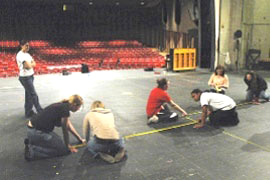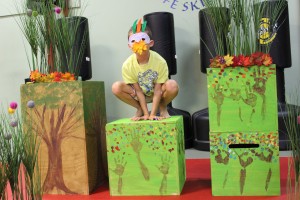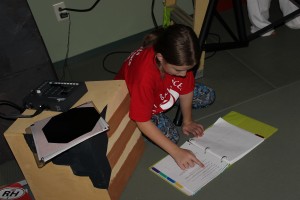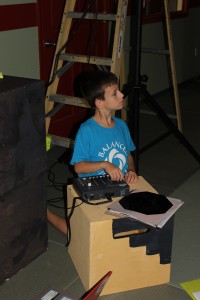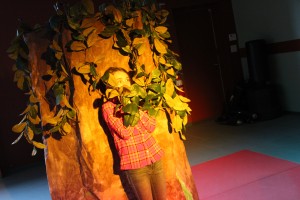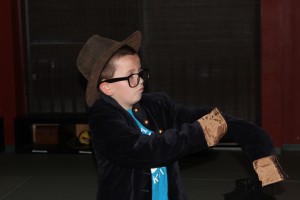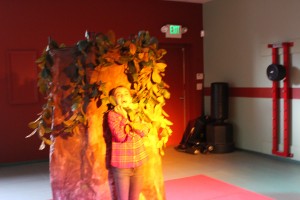Roles and Responsibilities of Theatrical Production
It is important to know what are responsibilities are. It is also important to know other’s responsibilities. Not only does this allow us to know who to go to in order to get assistance but it gives us respect for other’s talents and skills. Here is a run-down of who does what in theater.
PRODUCER
The Producer is a person who oversees all aspects of mounting a theatre production. The producer manages the overall financial and managerial functions of a production or venue, raises or provides financial backing, and hires personnel for creative positions (writer, director, designers, composer, choreographer—and in some cases, performers
DIRECTOR
A theatre director or stage director is responsible for leading the members of a creative team into realizing the artistic vision of the production. They oversee and orchestrate the mounting of a theatre production (a play, an opera, a musical, or a devised piece of work) by unifying various endeavours and aspects of production. The director’s function is to ensure the quality and completeness of theatre production.
ASSISTANT DIRECTOR
The responsibilities of an assistant director in theatre may range from taking notes to actually staging parts of the play. Many aspiring theatre directors begin their careers assistant directing.
DESIGNERS
Designers are the heads of their respective departments, i.e., Lighting, Sound, and Set). They come up with concepts and themes based on the script and execute them in collaboration with one another in order to see the overall vision of the production carried out. This vision is established by the Director. Each department has its own team members.
STAGE MANAGER
A stage manager is one who has overall responsibility for stage management and the smooth execution of a production. Stage management may be performed by an individual in small productions, while larger productions typically employ a stage management team consisting of a head stage manager, or “Production Stage Manager”, and one or more assistant stage managers.
HOUSE MANAGER
In theatre, house management concerns the selling of tickets, the ushering of patrons in front of house areas, and the maintenance and management of the theatre building itself. House management staff usually work for the theatre, under the supervision of the house manager, and not for the theatrical troupe which is currently occupying it. Often in regional or smaller theatres the responsibility falls under the aegis of the production manager. In any case, house management works closely with the production management team for the presentation of the theatrical production

